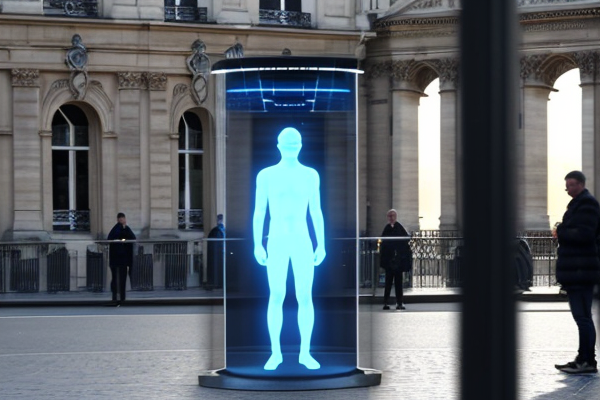 In a groundbreaking milestone in the realm of science and technology, a revolutionary experiment has demonstrated the feasibility of instantaneous travel, popularly known as teleportation. The test, conducted by a joint international team of scientists, successfully transported a human subject from London, United Kingdom, to Paris, France, in an instant.
In a groundbreaking milestone in the realm of science and technology, a revolutionary experiment has demonstrated the feasibility of instantaneous travel, popularly known as teleportation. The test, conducted by a joint international team of scientists, successfully transported a human subject from London, United Kingdom, to Paris, France, in an instant.
The subject, a male volunteer, was carefully prepared for the historic journey. Utilizing advanced technology, the volunteer’s matter was disintegrated, encoded, and then reassembled at the designated destination. The entire process took less than a second, leaving many onlookers stunned and awestruck.
Upon arrival in Paris, the volunteer, who had previously expressed his consent and enthusiasm to take part in this revolutionary experiment, reported feeling no discomfort or disorientation. Medical personnel on both ends of the teleportation process were on hand to monitor the subject, ensuring his well-being before and after the test.
This pioneering achievement, heralded as the world’s first successful teleportation test, opens up a new chapter in human exploration and travel. While the technology is still in its infancy, researchers are optimistic about the potential benefits this breakthrough could bring to fields such as space travel, disaster response, and global transportation.
The international team of scientists involved in the experiment is now working on refining the technology to make it more efficient and user-friendly. They aim to conduct further tests, eventually making teleportation a reality for everyday travel. While challenges remain, the success of this initial test offers a tantalizing glimpse into a future where instantaneous travel could become a common occurrence.